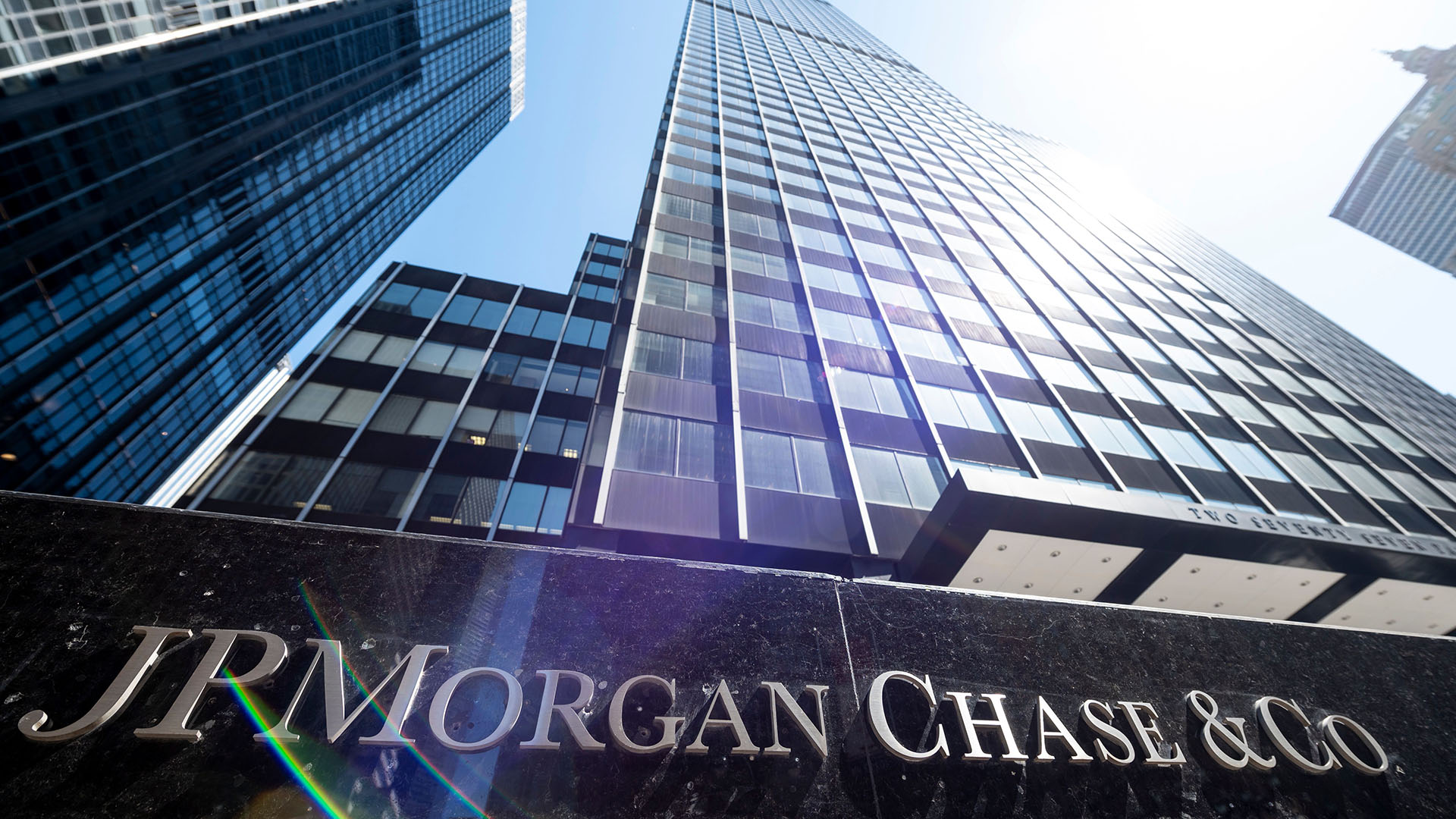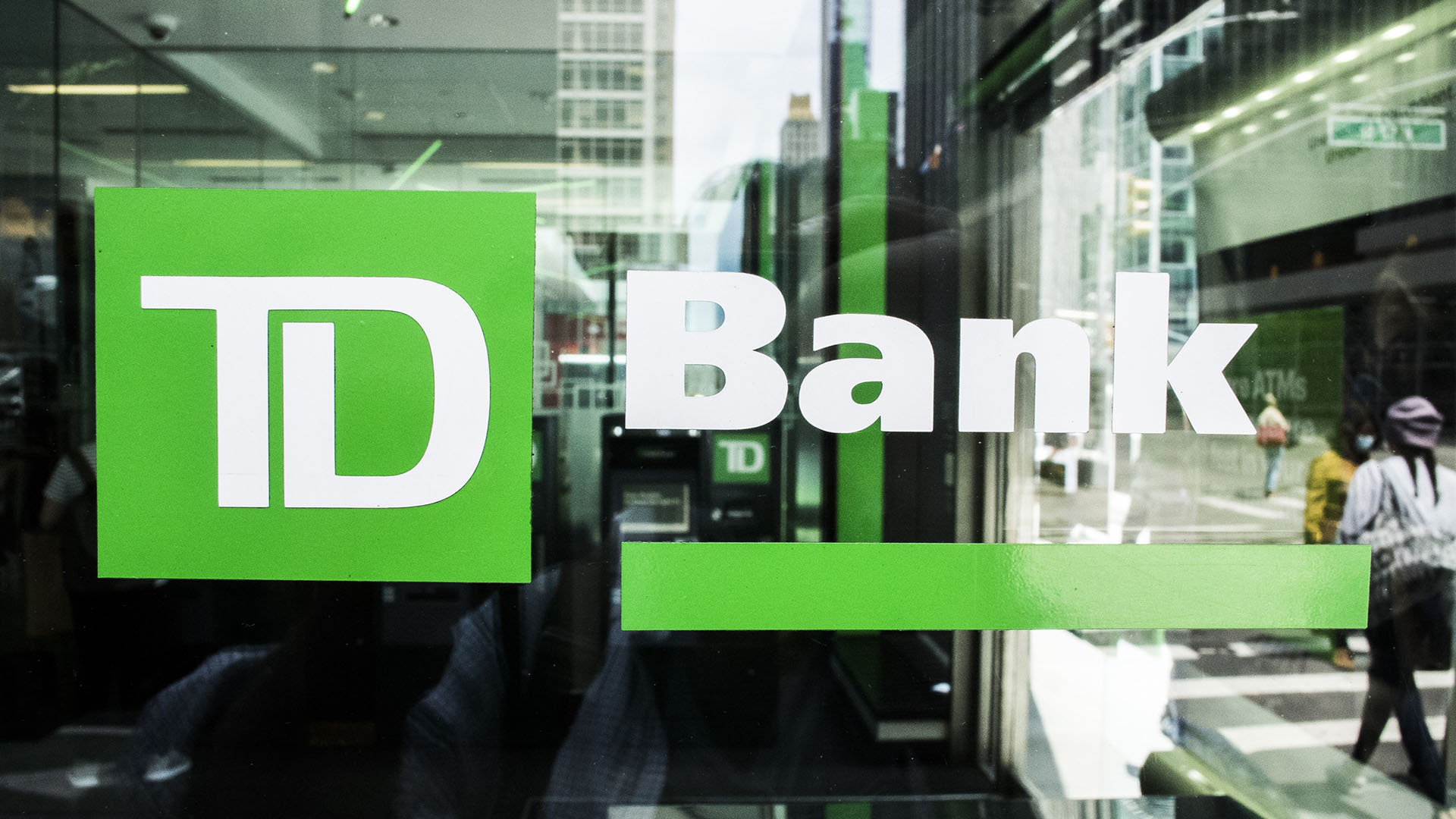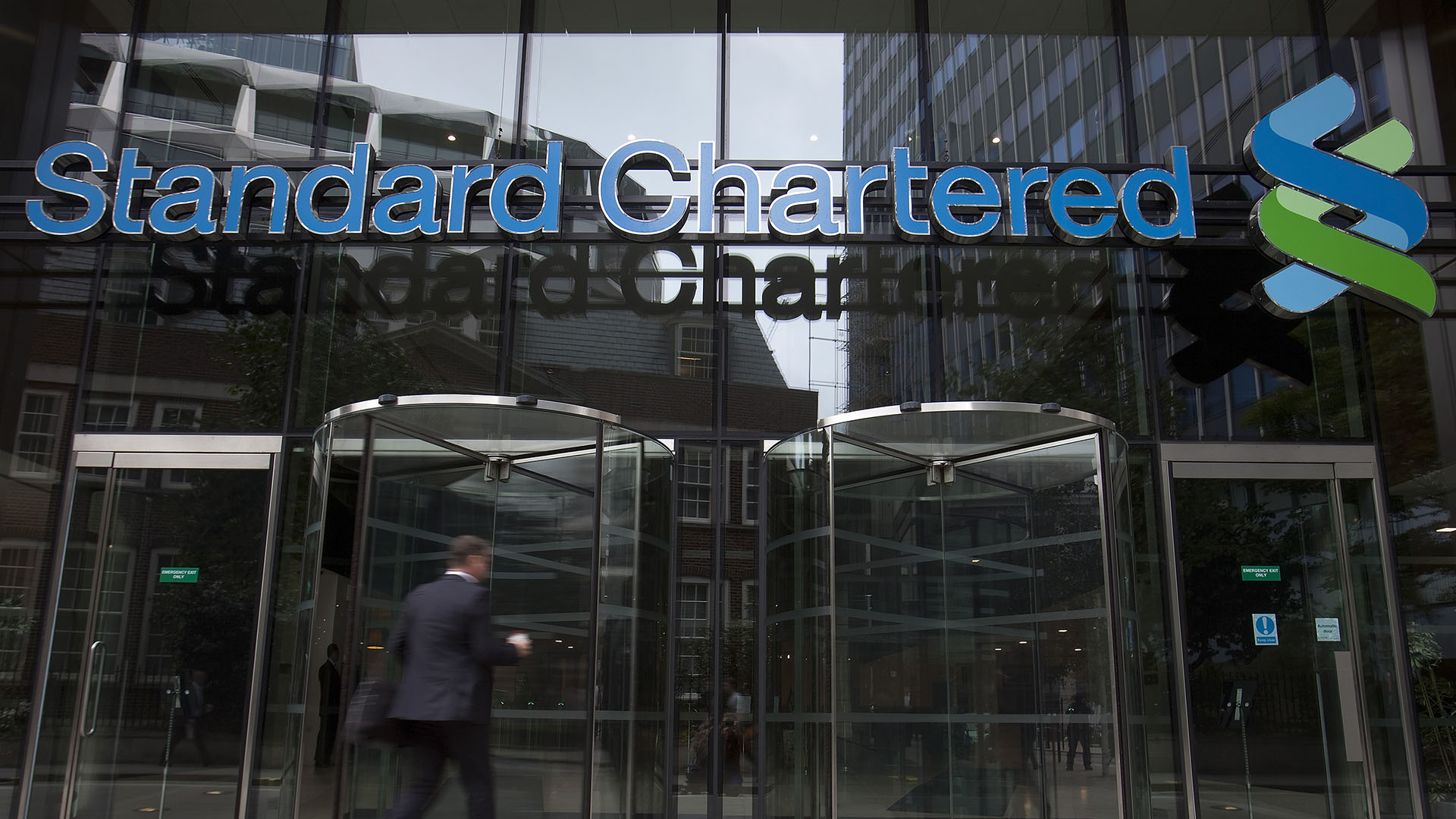One of the United Kingdom’s banking regulators has reportedly criticized financial institutions’ anti-money-laundering protocols as inadequate, and called on banks to do more to stop crime in the wake of FinCEN Files revelations.
Speaking to reporters in London on Thursday, Mark Steward, the Financial Conduct Authority’s head of enforcement, expressed surprise that some banks viewed their responsibility to stop financial crime as a “bureaucratic exercise in red tape.”
“What that tells me is that the point of AML [anti-money laundering] controls has somehow got lost and gone missing from the challenge, and understanding that this is all about reducing crime of a very serious nature,” Steward said, according to news outlet City A.M.
He said that there was no major bank in Britain that hasn’t been or isn’t currently the subject of an ongoing probe related to the adequacy of their dirty money safeguards.
“I am not yet sure that there is a strong enough, unanimous view that this is really serious.”
Steward’s comments came after the International Consortium of Investigative Journalists-led FinCEN Files investigation revealed that some of the world’s biggest banks had allowed trillions of dollars in tainted money to flow freely through the global financial system.
Based on more than 2,100 secret reports filed by banks to the U.S. Department of Treasury and obtained by BuzzFeed News, the investigation included more than 400 journalists in 88 countries around the world. Several British banks featured in the reporting, including HSBC, Barclays Bank and Standard Chartered.
Earlier in the week, British member of parliament and chair of the Treasury Committee, Mel Stride, wrote to regulators to request investigations into the FinCEN Files revelations, according to Bloomberg.
Stride’s letter reportedly expressed concern that the U.S. viewed the U.K. as a “higher risk” jurisdiction, and asked that agencies review efforts to secure the U.K.’s financial system.
Separately, Russian authorities this week reportedly said suspicious activities flagged in the FinCEN Files had already been reviewed by the country’s regulators, and that some cases had resulted in criminal investigations and convictions.
ICIJ’s Belgium partners – from Le Soir, Knack and Tijid – will testify in the Belgian parliament about the FinCEN Files next month, according to ICIJ member Lars Bové.
Het federaal parlement zal ons, journalisten van @tijd , @Knack en @lesoir, volgende maand horen in de Kamercommissie Financiën over de #FinCENFiles ! @ICIJorg pic.twitter.com/CLWNzSl0Me
— Lars Bové (@ZaakJustitie) September 23, 2020
The investigation also prompted Transparency International in Portugal to ask the Bank of Portugal to disclose its conclusions and the measures it has undertaken concerning the suspicious payments processed by EuroBIC, a small Portuguese bank.
“Taken together, the revelations from the Luanda Leaks and the FinCEN Files present a definitive example that, despite glaring risks, anti-money laundering is not a priority for Portugal,” said Karina Carvalho, Transparency International Portugal’s executive director. Luanda Leaks is ICIJ’s earlier 2020 investigation.







